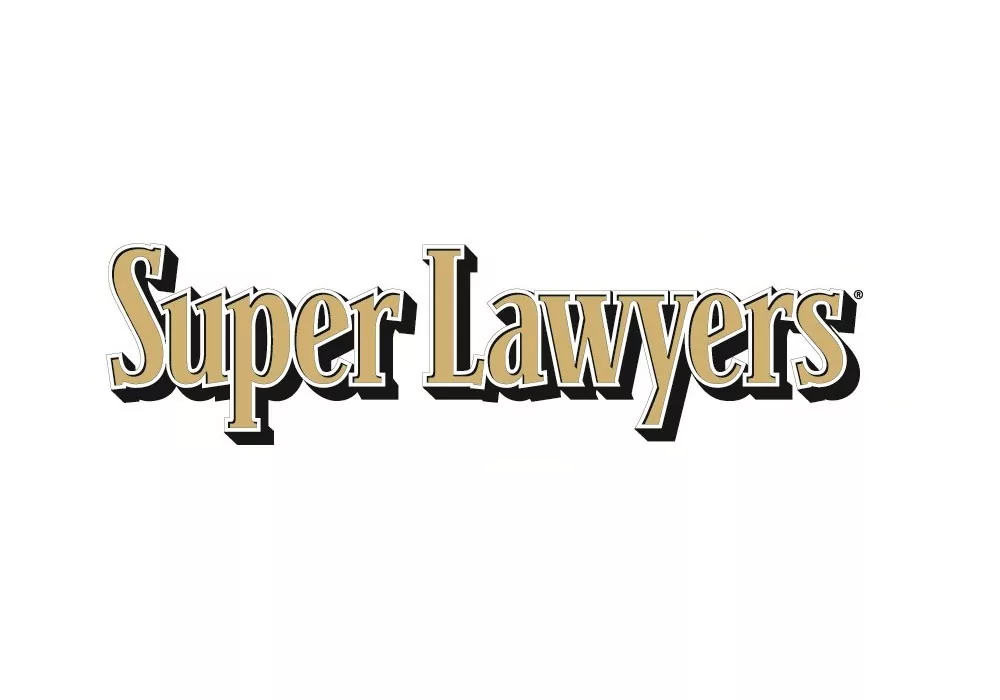
Most personal injury claims in South Carolina are settled via negotiations with insurance companies. Sometimes, however, the insurer refuses to offer the injured individual the compensation they need to cover their losses. In such cases, the claimant may need to file a personal injury lawsuit to recover damages in court. All South Carolina counties require alternative dispute resolution (ADR) before a case goes to trial. Mediation is a popular alternate means of resolving disputes. Is mediation legally binding? It can be if you reach an agreement with the other side.
While mediation can be more efficient, cost-effective, and private than a courtroom trial, an important question arises: are mediated settlements legally enforceable? In brief, they are, but only when the parties follow the proper procedures.
Mediated Settlements as Contracts
Mediation allows opposing parties to find a mutually agreeable solution out of court. In a mediation session, each side presents their cases, exchanges demands and offers, and try to find common ground with the help of a neutral third party: the mediator. If they reach an agreement, the mediator or one of the lawyers will draft a settlement agreement, and the parties will sign it.
Once signed, your mediation is a legally binding contract. They must have a mutual offer, acceptance, and consideration to be valid. In other words, mediation settlement agreements have the same standards as negotiated contracts outside of court.
For mediation to be legally binding requires proper execution
A mediation settlement agreement must be executed appropriately for the mediation to be legally binding. To ensure the contract’s validity, signatories should ensure that the following conditions are met:
- The parties should put the agreement terms in a formally written document.
- All settlement conditions and terms should be clearly defined.
- Lawyers from both sides should review drafts of the agreement.
- The parties involved should provide their signatures to signal their consent to the agreement.
Following these steps when creating and finalizing the agreement will help ensure that the contract is valid, clearly outlines all the responsibilities of each party, and protects your interests. A properly executed contract is enforceable.
Court Approval in Pending Cases
Mediation takes place after a personal injury lawsuit has already been filed in court. Many South Carolina counties require formal court approval of any settlement agreement reached. The judge will review the mediated settlement to ensure it meets all legal standards.
Provided the agreement adequately covers the core issues in dispute and does not violate public policy, judges will issue an order legally adopting the settlement terms. This court order reinforces the enforceability of the mediated settlement agreement.
However, if for any reason a judge decides a settlement is improper or goes against the interests of any party, they can reject it, in which case mediation would need to resume, or the case could proceed to trial. Still, this is rare as most properly executed agreements will meet court standards.
Cases Where Settlement Agreements Can Face Challenges
 While extremely rare, there are circumstances under which a mediated settlement agreement’s legality could potentially face challenges, even after signing:
While extremely rare, there are circumstances under which a mediated settlement agreement’s legality could potentially face challenges, even after signing:
- If one party argues the agreement was signed under duress or coercion (However, the burden of proof for this type of claim is high.)
- If there are legitimate questions regarding one party’s mental capacity to consent or apprehend terms
- If clear evidence emerges later of intentional fraud or misconduct by other parties or even the mediator
However, courts strongly favor upholding executed contracts. As such, the threshold for reversing or voiding a signed mediated settlement is typically difficult to meet.
Nevertheless, if you believe your mediation agreement meets any of the above criteria, speak to an experienced South Carolina mediation attorney immediately. They can help you understand your options and fight for your rights.
Contact Murphy Crantford Meehan for Assistance with Your Mediation
Mediation offers many benefits for personal injury claimants. It can save you time and money, and it can also allow you to have more control of the process than you would have during a trial. However, it is crucial to remember that reaching a mediation settlement agreement has profound legal implications. You need a dedicated lawyer on your side to protect your rights and interests throughout the process.
The experienced South Carolina personal injury attorneys at Murphy Crantford Meehan understand how challenging the process of recovering compensation can feel. Our goal is to make your life as stress-free as possible so you can focus on healing while we work to maximize your compensation.
Our attorneys are fierce negotiators who understand the proper protocols around contractual consent and documentation. Let us put our knowledge and skills to work for you. Contact us today at (843) 396-3840 for a free case review to learn more about how we can help you.
Related Posts
Preparing for Personal Injury Mediation
How Mediation Works in Personal Injury Cases

















